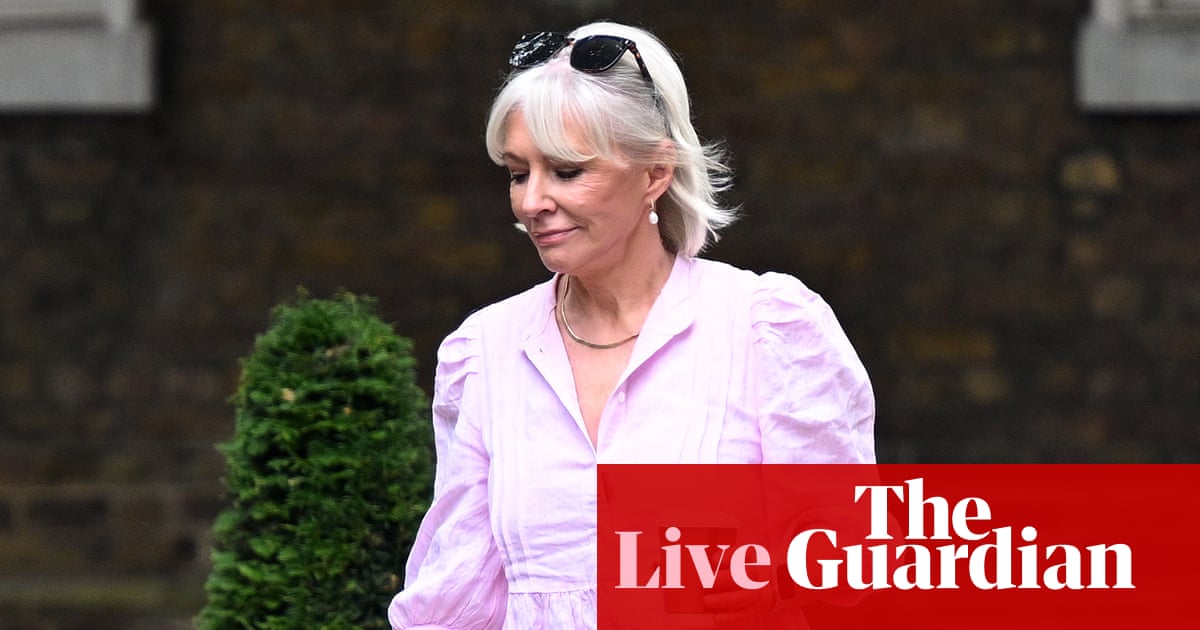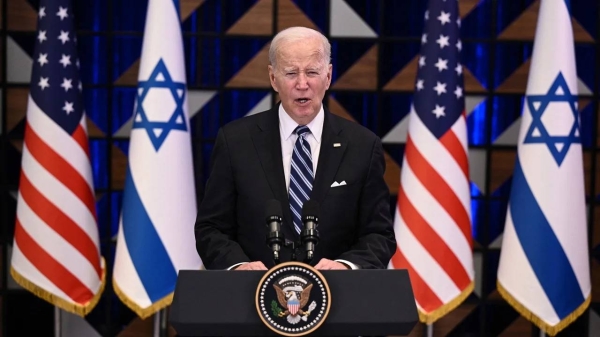
It is known as the Han River Dynasty, a near six-decade run of blistering economic growth that made South Korea the 11th-largest economy in the world today. For the average citizen, it has meant from 1960 through 2018, per capita incomes rose 30-fold to over $30,000.
The growth has terrific breadth — steel, autos, semiconductors, mobile phones, cosmetics and K-Pop — you name it, and South Korea is for the most part good at it.
The country prides itself on two national traits: Discipline and precision. On a week-long assignment, which included briefings, interviews and field shoots, every single meeting started and finished on time. Ditto in the service industry, where national pride rules, and tips are frowned upon. It is refreshing to be surrounded by a sense of absolute purpose from the hotel check-in desk to the factory floor.
But through multiple discussions with chief executives, strategists, new entrants in the workforce and university students, a narrative emerged that captured a general mood of economic malaise that is beginning to set in.
Let’s start with real facts that support that premise. Growth is far from the heady days of 7-9 percent per annum witnessed in the past and is projected at just 2.4 percent this year. In the first quarter, the economy contracted by 1.4 percent.
The country’s terms of trade index was down for the 17th month in a row. The unemployment rate is the highest in 17 years and the benchmark KOSPI index touched a five-month low while I was in the country.
South Korea"s growth has terrific breadth — steel, autos, semiconductors, mobile phones, cosmetics and K-Pop — you name it, and the country is for the most part good at it.
John Defterios
Then there are a few major geopolitical concerns weighing down confidence, directly linked to the current occupant in the White House: US-North Korea nuclear talks have gone in a short period of a year from euphoria to stalemate. US-China trade talks have gone from bad to worse, as Beijing makes it crystal clear is does not intend to let Donald Trump walk away with accolades for being tough on China. No one stands to benefit when the two behemoths go toe-to-toe on fundamental trade and security policies.
Unfortunately, South Korea’s President Moon Jae-in has found himself squeezed in the middle on both accounts and neither is helping economic growth or investment. But what I found most compelling is that those two major diplomatic challenges are unearthing wider frustrations in the economy.
With refreshing candor in a usually discreet society, senior corporate strategists told me that the climate of predictably and precision in which the big industrial groups have operated for the past 60 years may be masking serious weaknesses in the country. A record run from post-war poverty to industrial giant was delivered by the top 20 industrial groups, or chaebols. The real fear is that the Asian Tiger may have grown too big and may not be nimble or responsive enough to pounce on the next big waves of growth.
There are also very real concerns from new entrants into the labor market and university students that the fabled chaebols crowd out opportunities for small and medium-sized enterprises, usually the backbone of industrialized economies. A robust start-up culture that thrives in the US and parts of Europe, many complain, does not exist in the country.
As one young bright student told me, there is a concentration of power with major corporate giants, but there is no trickling down to the lower rungs of society or those aspiring for new work. I was equally surprised to hear from students and executives that Japan seems to have the policy mix of reform and wealth distribution about right. Many were even suggesting the country may offer more opportunity in the next decade.
These are not new concerns, but they are resurfacing during a tricky period when President Moon is trying to force a rebalancing of wealth in the country. He has taken down a few of the CEOs from the industrial groups on corruption charges. No one is crying foul about that, but doing so nearly a decade into an economic recovery after the 2008-2010 financial crisis comes with risks. He has overhauled property tax rates to make housing more affordable to the average South Korean, but in doing so, many told me, he is scaring off foreign investors.
The chief economist of the International Monetary Fund warned yet again that the aggressive trade policies from Donald Trump against China, Mexico and now India threaten to tip a tepid growth scenario over the edge.
For a country that made its name from industrialization and exports, that certainly could create collateral damage at a time when South Korea can least afford it.












